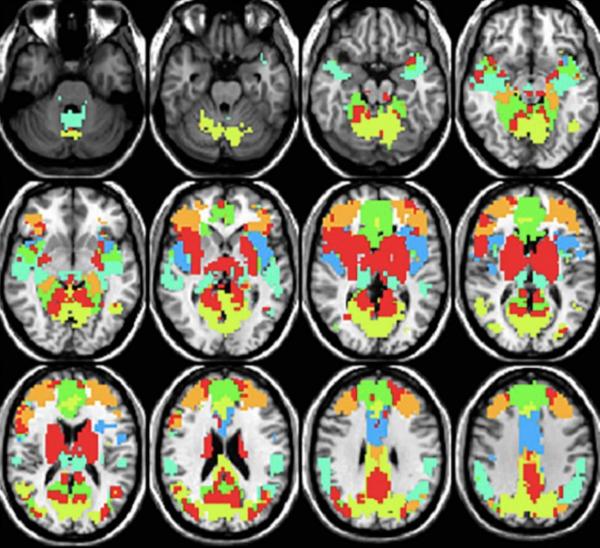AI-Powered ‘Digital Twins’ Predict Liver Donors’ Futures
IRP Study Shows Potential of Machine Learning Algorithms in Personalized Medicine
Despite the potential drawbacks of time travel demonstrated in countless sci-fi movies, most people wouldn’t mind some advice from their future self. What they might not think about is how useful their doppelganger’s knowledge of the future could be to their doctor. IRP researchers hope an AI-powered computer model they’ve developed could provide those kinds of predictive medical insights for people recovering after donating a portion of their liver to someone in need of a transplant.








